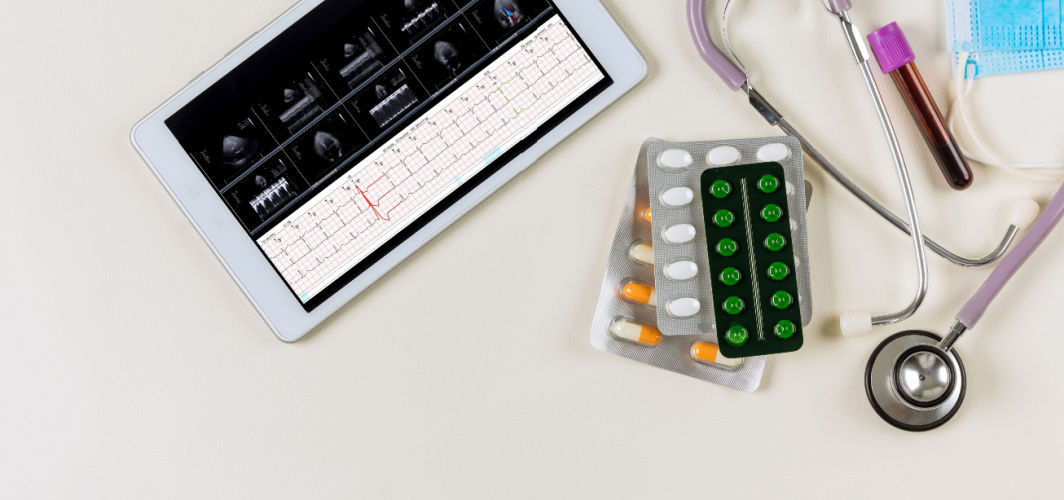Heart Conditions
What Does Climbing the Stairs Tell about Your Heart Health?
4 min read
By Apollo 24/7, Published on - 07 January 2021, Updated on - 07 March 2023
Share this article
0
8 likes

About the study
Findings of the study
- Participants who took 40 to 45 seconds to climb the stairs obtained over 9 to 10 metabolic equivalents (METs). According to earlier studies, people who achieve 10 METs during the physical activity test have a low mortality rate (i.e equal to or less than 1% per year).
- Participants who climbed the stairs in 90 seconds or more garnered less than 8 METs. According to researchers, this can be expressed as a mortality rate of 2% to 4% per year.
- 58% of the participants who climbed the stairs in over 90 seconds had abnormal heart function during the treadmill test.
- Only 32% of the participants who took 60 seconds or less to climb the stairs had abnormal heart function during the treadmill test.
Effective and proven ways to improve heart health
- Maintain a healthy weight
- Engage in regular physical activity (aim for at least 30 minutes of moderate physical activity or exercise per day)
- Drink plenty of water and other hydrating fluids
- Eat a healthy and balanced diet
- Avoid high calorie and processed foods
- Avoid intake of sweetened or sugary beverages
- Reduce the intake of salt
- Significantly cut down the intake of alcoholic beverages
- Quit smoking
- Manage stress and get enough sleep
- Adhere to medication routines
Conclusion
To ensure overall health and screen common health conditions on time, you can get the Special Health Package test done from Apollo 24/7.
Heart Conditions
Leave Comment
Recommended for you

Heart Conditions
This Blood Test Can Tell If You Are Having A Heart Attack!
Heart attacks are medical emergencies that need prompt diagnosis and timely treatment. Cardiac troponin levels play a crucial role in diagnosing and assessing heart attacks. A troponin test accurately determines if a person is experiencing a heart attack. Read on to learn more about this blood test and its significance in diagnosing heart attacks.

Heart Conditions
What Is 2D EchoTest: Know Uses, Test Results, How To Read It
The 2D echo test is a noninvasive diagnostic procedure that helps in examining the structure and function of the heart. By providing valuable insights into heart health, this test aids in the detection and monitoring of various cardiac conditions, enabling timely intervention and treatment.

Heart Conditions
Experiencing High Pulse Rate? These Can Be The Reasons!
Also called tachycardia, a fast heart rate is not really a health issue in itself. However, it is highly recommended to see a doctor if you frequently experience elevated pulse or if your resting heart rate is chronically high. Learn about the common reasons behind a high pulse rate.
Subscribe
Sign up for our free Health Library Daily Newsletter
Get doctor-approved health tips, news, and more.
Visual Stories

Easy Cardio Exercises to Keep Your Heart Healthy
Tap to continue exploring
Recommended for you

Heart Conditions
This Blood Test Can Tell If You Are Having A Heart Attack!
Heart attacks are medical emergencies that need prompt diagnosis and timely treatment. Cardiac troponin levels play a crucial role in diagnosing and assessing heart attacks. A troponin test accurately determines if a person is experiencing a heart attack. Read on to learn more about this blood test and its significance in diagnosing heart attacks.

Heart Conditions
What Is 2D EchoTest: Know Uses, Test Results, How To Read It
The 2D echo test is a noninvasive diagnostic procedure that helps in examining the structure and function of the heart. By providing valuable insights into heart health, this test aids in the detection and monitoring of various cardiac conditions, enabling timely intervention and treatment.

Heart Conditions
Experiencing High Pulse Rate? These Can Be The Reasons!
Also called tachycardia, a fast heart rate is not really a health issue in itself. However, it is highly recommended to see a doctor if you frequently experience elevated pulse or if your resting heart rate is chronically high. Learn about the common reasons behind a high pulse rate.